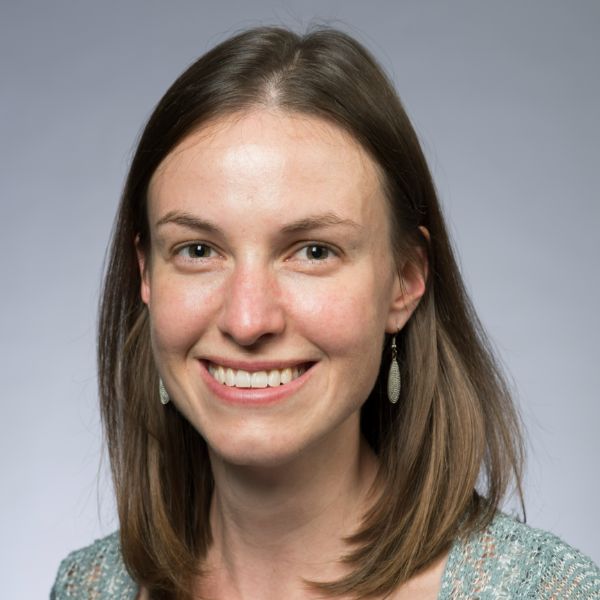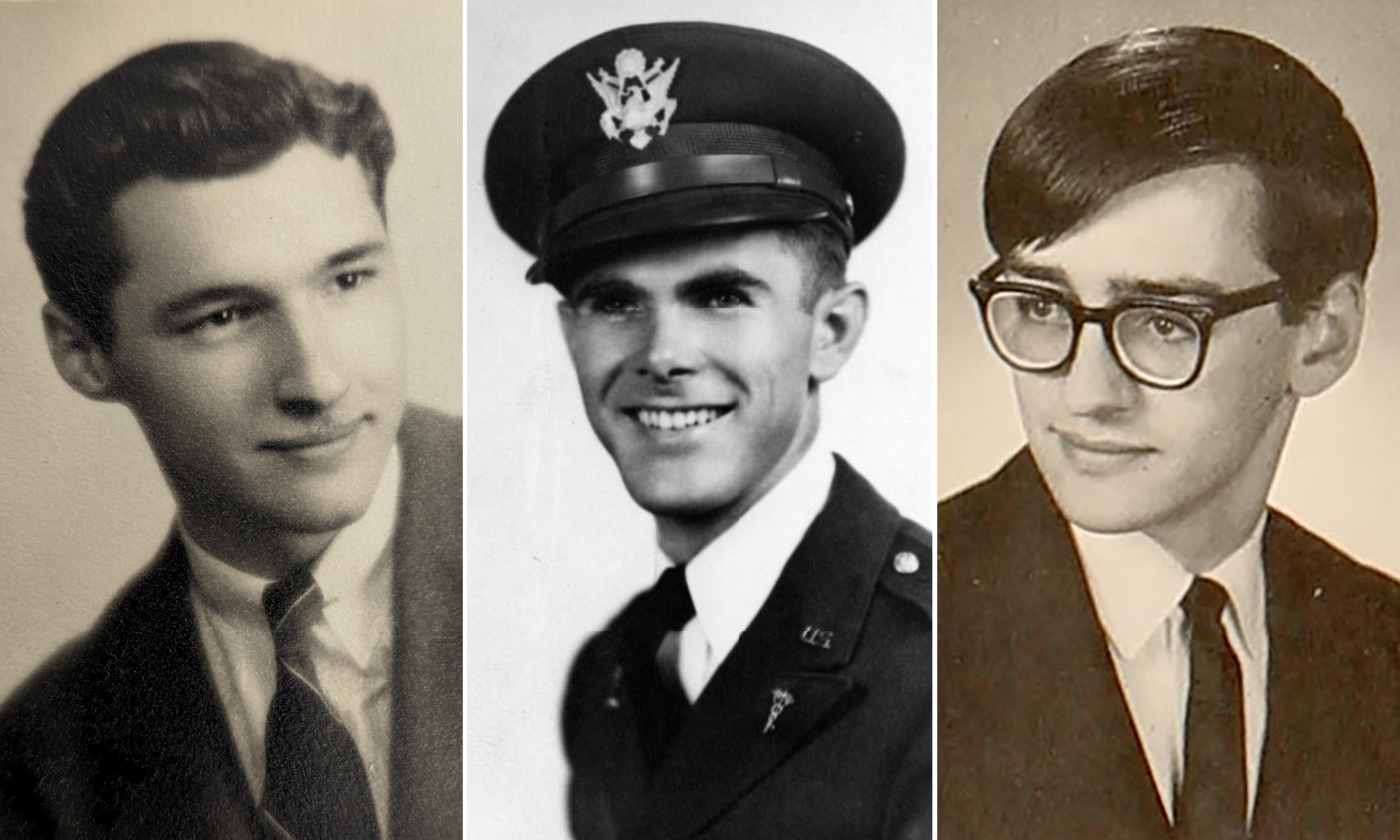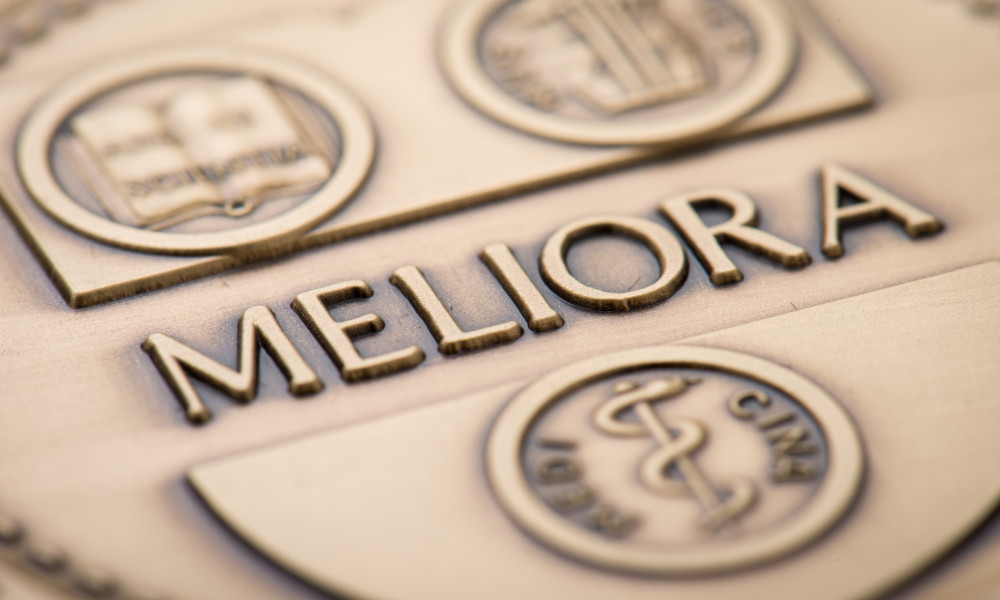Five graduate students from the University of Rochester Medical Center and one graduate student from the School of Arts and Sciences have been offered National Institutes of Health F31 fellowship grants. The grants are part of a federally sponsored program that provides three years of support for students pursuing doctoral or other research-based degrees in health-related areas.
The purpose of the grants is to enhance diversity in the health-related research workforce by supporting the research training of predoctoral students from diverse backgrounds. Candidates must demonstrate outstanding scholarly promise in health-related research, be enrolled in a research doctoral degree program, have identified a research project, and made a commitment to a career as either an independent research scientist or as an independent physician-scientist or other clinician-scientist (dual-degree training) to be eligible to apply.
John Bachman ’19M (MS) is a PhD candidate in the cell biology of disease (pathology) program at the Medical Center, under the direction of Joe Chakkalakal, a dean’s associate professor of pharmacology and physiology. Bachman’s research focuses on the consequences of radiation therapy on juvenile muscle stem cells. “By learning how radiation impacts developing muscle, we can use that information to help cancer survivors lead better and stronger lives,” he says. Bachman is a native of Hazleton, Pennsylvania, and would like to pursue a postdoctoral position with the goal of becoming an independent investigator.
Project title: “Targeting p21 To Stimulate Irradiated Muscle Stem Cell Function and Muscle Regeneration”
Katherine Best ’18M (MS) is a PhD candidate in the cell biology of disease (pathology) program at the Medical Center. A native of Hilton, New York, she works in the research lab of Alayna Loiselle, an associate professor of orthopedics, in the Center for Musculoskeletal Research. Best’s research focuses on understanding the functions of tendon cells during the healing of acute tendon injuries. “I am hoping to become more involved in clinical research, specifically, clinical trials,” she says.
Project title: “Cell Specific Effects of Canonical NF-kB Signaling in Tendon Healing”
Felicia Gilels ’19M (MS) is a PhD candidate in the cell biology of disease (pathology) program at the Medical Center. She works in the lab of Amy Kiernan, an associate professor of ophthalmology, and studies the molecular pathways involved in sensory development. Her research takes an approach that will inform hair cell regeneration studies and future therapeutic strategies to treat hearing loss. A native of Rochester, Gilels hopes to become an independent investigator at an academic institution studying developmental neuroscience.
Project title: “The Role of Notch Signaling in the Maintenance and Function of Cochlear Sensory Cells”
Courtney Kellogg ’19M (MS) is a PhD candidate in the cell biology of disease (pathology) program at the Medical Center, under the direction of Amy Kiernan, an associate professor of ophthalmology. Kellogg’s project explores the role of the JAG1 gene during cochlear development. The JAG1 gene provides instructions for making a protein called Jagged-1, which is involved in cell signaling. Kellogg is from Kansas City, Missouri, and says her long-term career goal is to become an independent investigator studying congenital developmental pathologies.
Project title: “Multiple Roles of the Notch Ligand Jagged1 During Sensory Development of the Cochlea”
Marcus Kilwein ’18 (MS) is a PhD candidate in the biology program in the School of Arts and Sciences. Kilwein’s research focuses on lipid droplets, which are transported within cells and linked to fat metabolism and a multitude of human diseases, including obesity. Under the direction of Michael Welte, a professor of biology, Kilwein studies the implications of lipid droplet allocation. Upon receiving his PhD, Kilwein, who is from Freeport, Pennsylvania, hopes to receive a post-doctoral research appointment with the end goal of being a professor.
Project title: “Effects of Cellular Lipid Droplet Allocation on Lipid Droplet Consumption and Drosophila Embryogenesis”
Daphne Pariser ’17M (MS) is a PhD candidate in the immunology, microbiology, and virology (IMV) program at the Medical Center. She works in the lab of Craig Morrell, using in vitro techniques and in vivo mouse models to study the function of platelets and megakaryocytes (Mks). Pariser’s project focuses on lung Mks as an antigen-presenting cell that coordinates certain aspects of the immune response. Pariser is from southern California and is also the founder of the nonprofit Humans for Education (H4E), an organization that aims to reduce poverty by building sustainable businesses so community members can afford education and health care.
Project title: “Lung Megakaryocytes Are Present Antigen To CD4 T Cells”




